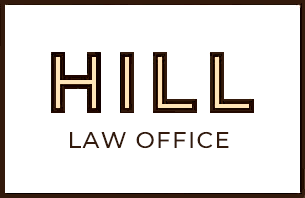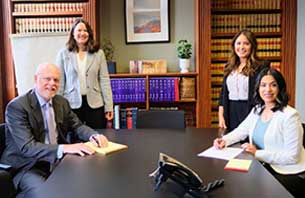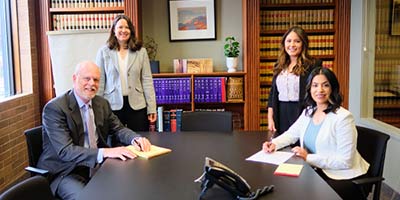Questions about what people should do related to car crashes often focus on avoiding them. However, even the most conscientious driver could end up involved in a collision caused by someone else in traffic.
Therefore, people need to know not just how to avoid collisions but also how to respond to them after they occur. There are certain actions that people can take after a crash that may help protect them from certain potential consequences stemming from that wreck.
What actions are usually advisable following a Georgia car crash?
Preserving evidence
Traffic laws in Georgia require that people move their vehicles after a collision. Doing so allows others to continue using the road and diminishes the likelihood of secondary collisions. Before someone moves their vehicle after a collision, they may want to spend a few minutes recording video footage or taking photographs of the scene of the crash. That evidence can help preserve key details that could help if there are questions about who was actually at fault for the collision later.
Contacting local authorities
Occasionally, the person who caused the crash may try to talk the other people involved in the incident out of filing a police report. They might claim that they worry about their driver’s license or insurance rates. They may even promise to pay for medical bills and vehicle repairs in cash. Unfortunately, without a police report, it can be very hard to hold someone to their word. Additionally, failing to report a crash that causes injury or major property damage violates state law. Filing a police report is a crucial means of protecting oneself after a crash.
Undergoing a medical evaluation
Motor vehicle collisions can cause numerous different types of injuries. Many of them, including internal bleeding, whiplash and brain injuries, may not have obvious symptoms immediately after the incident. People may require testing at a hospital and professional evaluation by a licensed physician to diagnose an injury or rule out the possibility of major medical concerns.
Those who take the right steps after a crash can reduce their chances of an unfavorable outcome and may have an easier time securing compensation. Knowing how to handle a collision can be as important as understanding how to prevent one.


